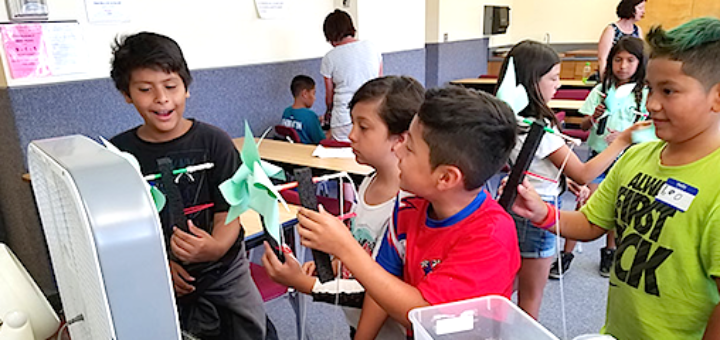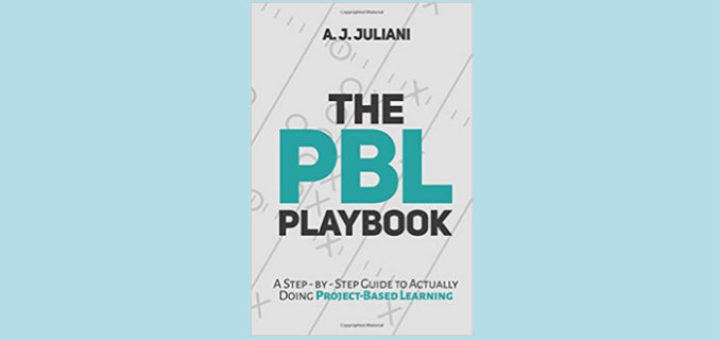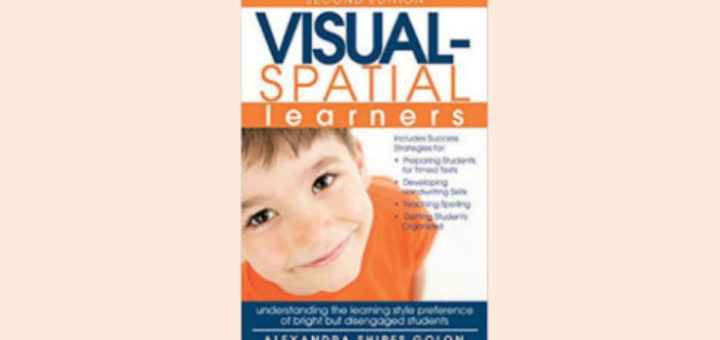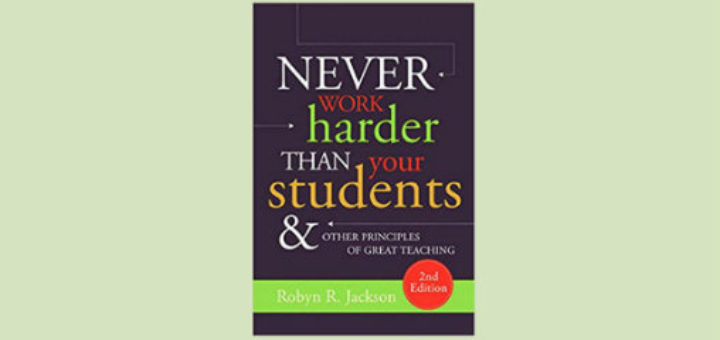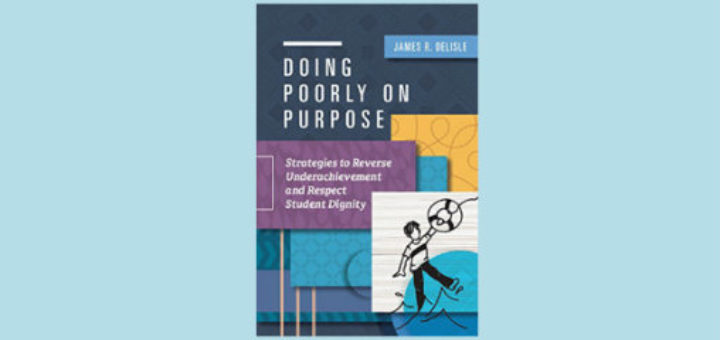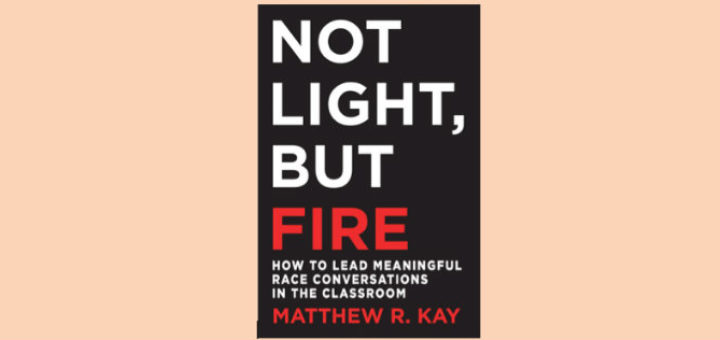Teaching Climate Change in the Middle Grades
Facilitating science-based research around real world problems empowers students through the skills they acquire and the subject knowledge they gain, says teacher Angela Duke. And what better topic than climate change? “The environment of the future will be theirs to live in.”

